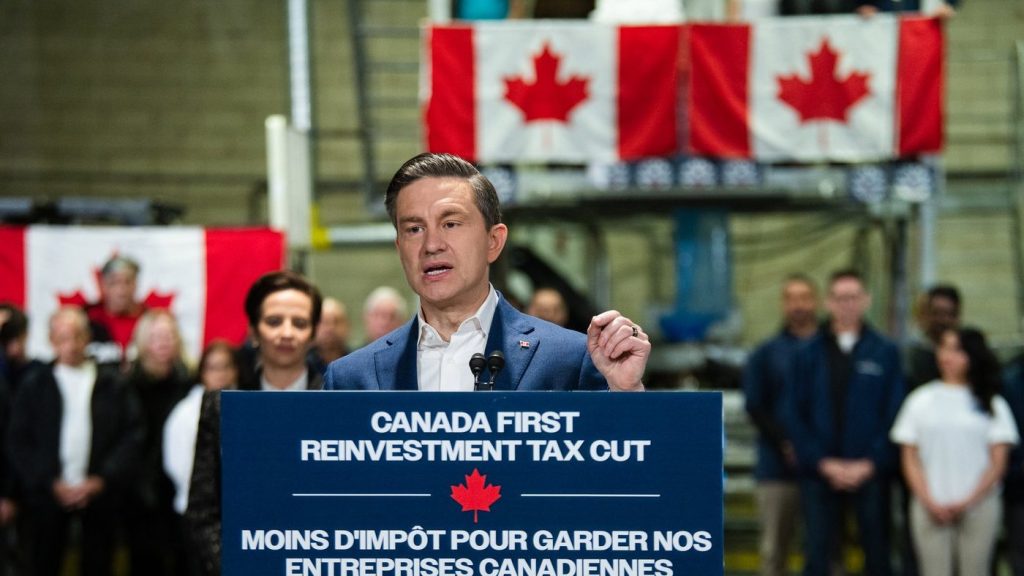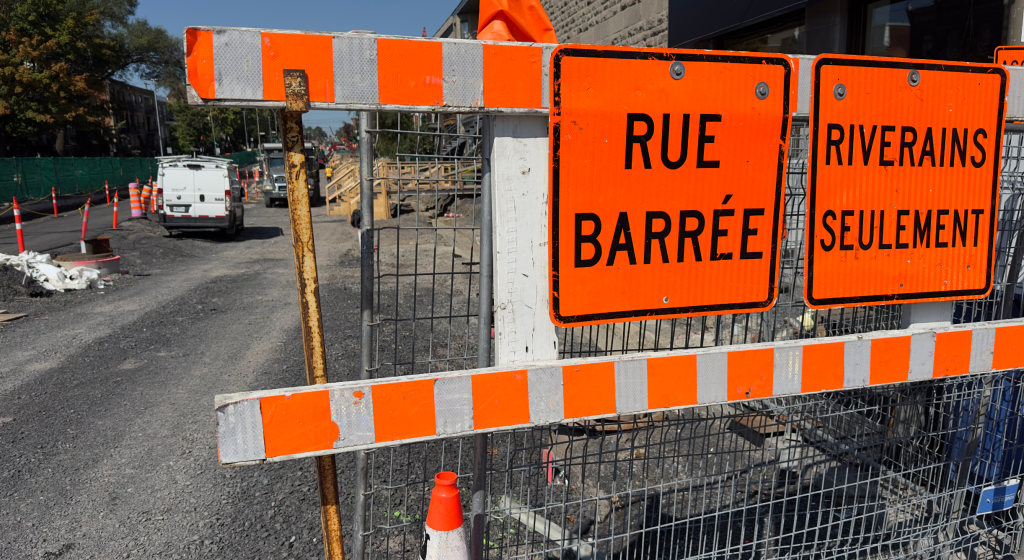Homelessness up 44 per cent in Quebec since 2018

Posted September 14, 2023 8:28 am.
Last Updated September 14, 2023 6:48 pm.
The number of people living in situations of homelessness in Quebec has increased by 44 per cent compared to 2018, according to a report by the Institut national de santé publique du Québec (INSPQ) commissioned by the Quebec Ministry of Health and Social Services.
“Based on available data and after making the required adjustments, we can estimate an increase of 2,523 people in a situation of visible homelessness, an increase of 44 per cent, which represents a marked rise,” reads the fact sheet accompanying the report.
It also indicates that homelessness has increased in several regions of Quebec but in different proportions. More than 60 per cent of people experiencing homelessness are in Montreal, compared to 80 per cent in 2018.
“It’s important to note that the increase in homelessness is gaining momentum in certain regions, such as Mauricie_Centre-du-Québec, Estrie, and Outaouais. In fact, we are observing a form of regionalization of street homelessness”, the report states.
RELATED
- ‘Complex and complicated’: Advocates still waiting for Montreal homeless population data
- Hundreds rally urging the city to address social issues in the Village
To gather the data, the INSPQ deployed hundreds of interveners, street workers, and volunteers during the night of October 11, 2022, in 13 regions of Quebec.
“The homelessness crisis is not acceptable in a wealthy, modern society to have people who don’t have housing, who have serious problems. It’s a bit like a perfect storm,” said Premier Francois Legault in French during a press conference.
The report estimates that 10,000 people were homeless that night. There is a word of caution, however, about the methodology. “The estimated number of people experiencing homelessness, as part of this exercise, relates only to the night of October 11, 2022. It is less than the total number of people who experience an episode of homelessness over the course of a year.”
It is also stated that the methodology has been improved compared to 2018. The Abitibi-Témiscamingue and Côte-Nord regions, as well as the municipalities of Gatineau, Trois-Rivières, Drummondville and Saint-Jérôme, have been added to the survey compared with 2018.
“It means we’ve got to do a lot more in terms of helping people who are at risk of homelessness and are in homelessness to get housed at a much higher rate and a much greater speed than we ever have before,” explained James Hughes, president and CEO of Old Brewery Mission.
“It’s a much more significant issue than anyone thought. Even us. We thought it would be an increase, but not nearly to this extent.”
In response to the report, the Quebec government has confirmed that it will be announcing an additional $15.5 million investment for places in homeless shelters.
“What we are asking the government knowing the numbers now, realizing that it’s probably just the tip of the iceberg is the same thing I’ve been asking for months and years, nothing changed. We’ve always asked 2,000 social units to be created because social units are the responsibility of the government of Quebec just like homelessness by the way,” said Montreal Mayor Valerie Plante.
“The minister in charge of homelessness said that it was a shared responsibility. Well, it is not. It does not exist in the law. We don’t have the power, we don’t have the money. It is a responsibility of the government of Quebec.”
CityNews spoke to Ron Paquet, who is currently homeless and unable to find affordable housing in Montreal.
He explained that he has “a record with the rental board. So, as you know, that disqualifies you for pretty well every rental place available.”

James Hughes from Old Brewery Mission and Ron Paquet, who is currently homeless and unable to find affordable housing. (Photo Credit: Gareth Madoc-Jones, CityNews)
Causes
The shortage of affordable housing and COVID-19 are causes identified in the report to explain the increase in homelessness.
The report states that having been “evicted from your home, whether for non-payment of rent, repossession or any other reason” is a factor that contributes to the precariousness of some people at risk of homelessness.
In fact, eviction is the main reason given for losing one’s home.
Over-represented groups
Homelessness is more prevalent among Indigenous people, particularly in Montreal and the Abitibi-Témiscamingue and Côte-Nord regions.
The report indicates that Indigenous people experiencing homelessness are particularly present in outdoor facilities and emergency housing resources, and less so in transitional resources and therapy centers. Indigenous people are also more likely to have spent the entire year homeless. Indigenous people are twice as likely to say that racism is linked to the loss of their last home.
“Faced with these findings, we must ask ourselves questions about the structural, historical, and social issues surrounding Indigenous homelessness and other related problems. We have to admit that strategies to prevent both a slide into homelessness and the increasing complexity of the problems experienced are either inadequate, non-existent or ineffective,” the report states.
Homelessness is also over-represented among people who have been placed in care in the past by youth protection, people of sexual and gender diversity, and people who have been evicted from their homes.
The report sets the stage for the Union of Municipalities’ Homelessness Summit on Friday. The Minister responsible for Social Services, Lionel Carmant, is expected to attend. Municipalities say they lack the resources to meet the challenge of homelessness.
Last week, Carmant was criticized by Gatineau Mayor France Bélisle. She claimed that, when it came to homelessness, she was doing the Minister’s job for him.
A Summit on Homelessness will take place Friday in Quebec City organized by the province’s Union of Municipalities.
– With files from Gareth Madoc-Jones, CityNews
This report by The Canadian Press was first published in French on September 13, 2023.








